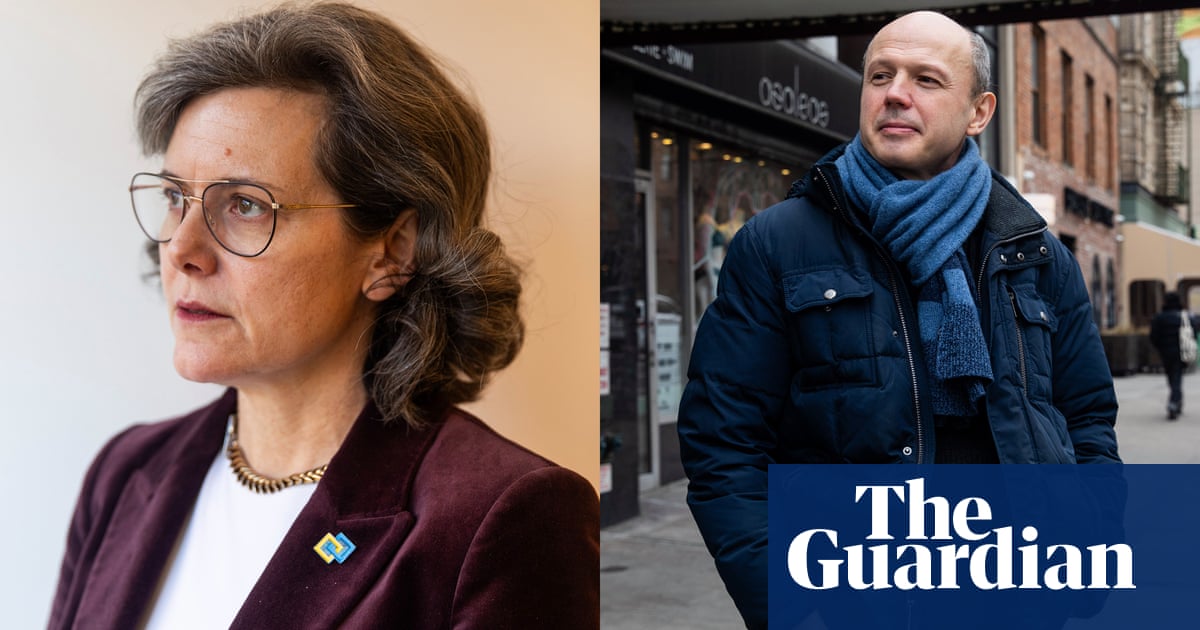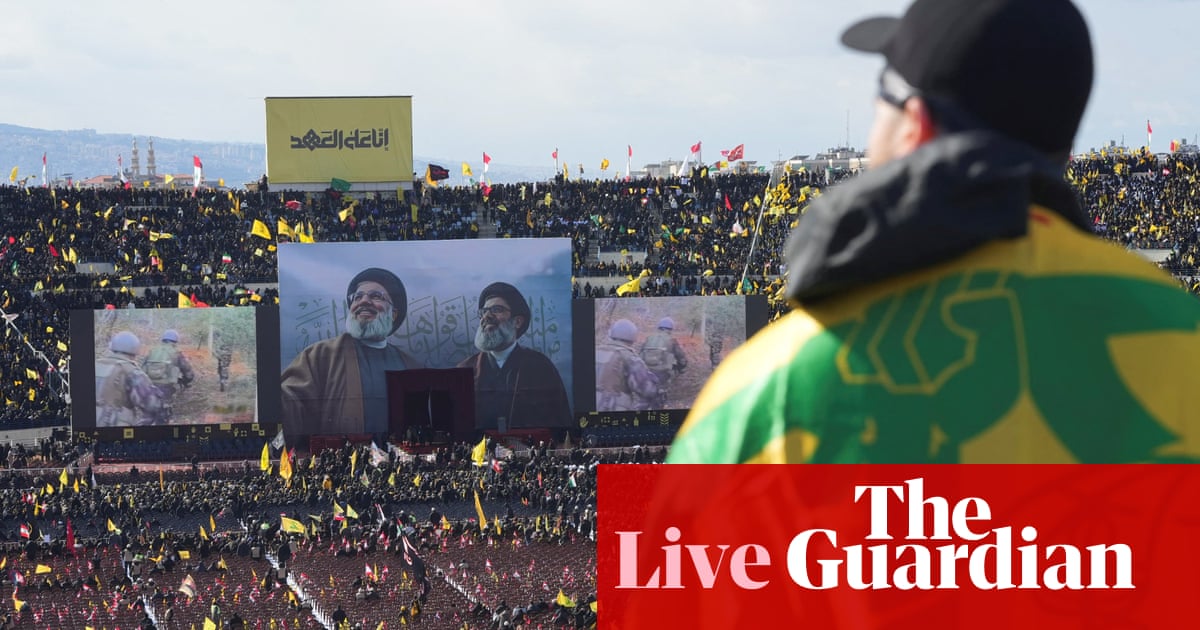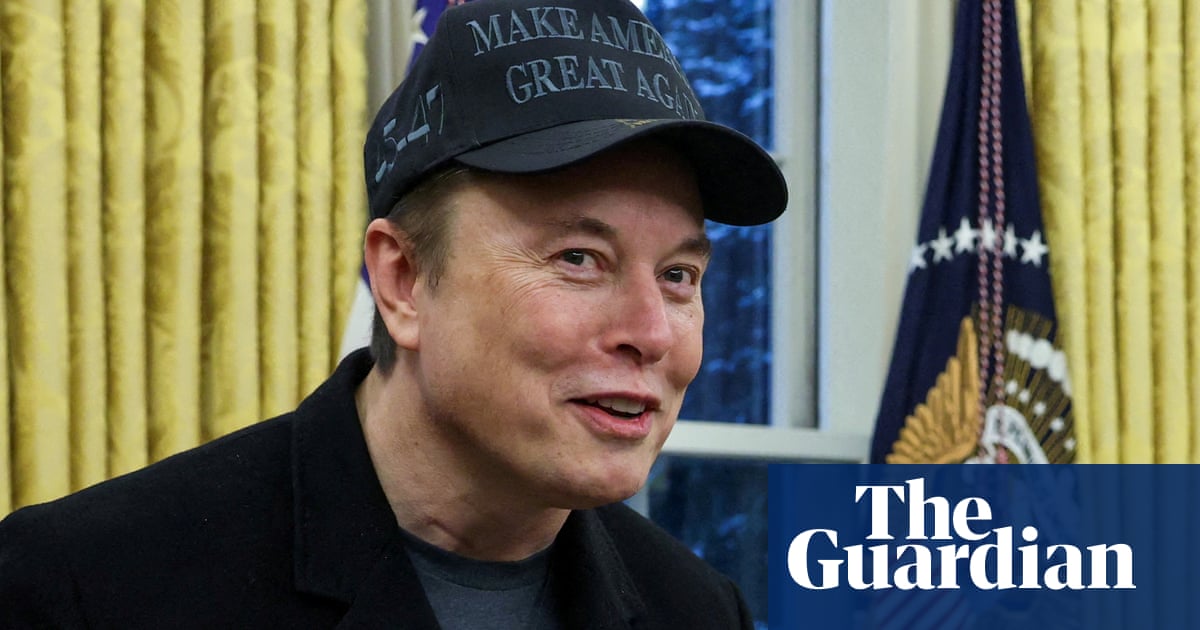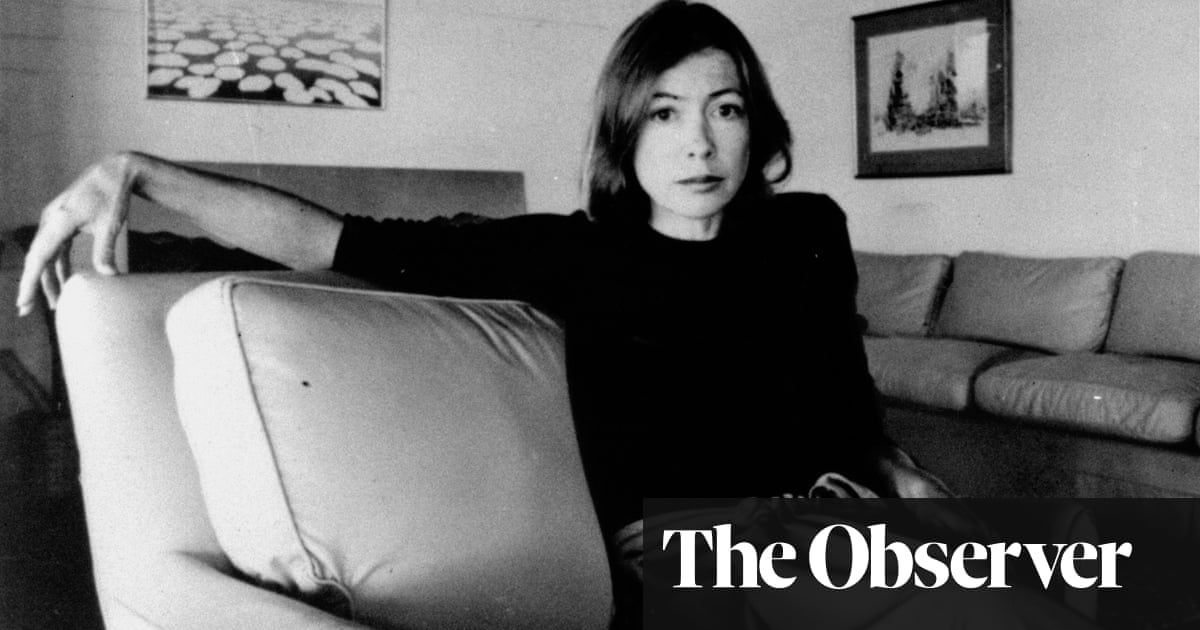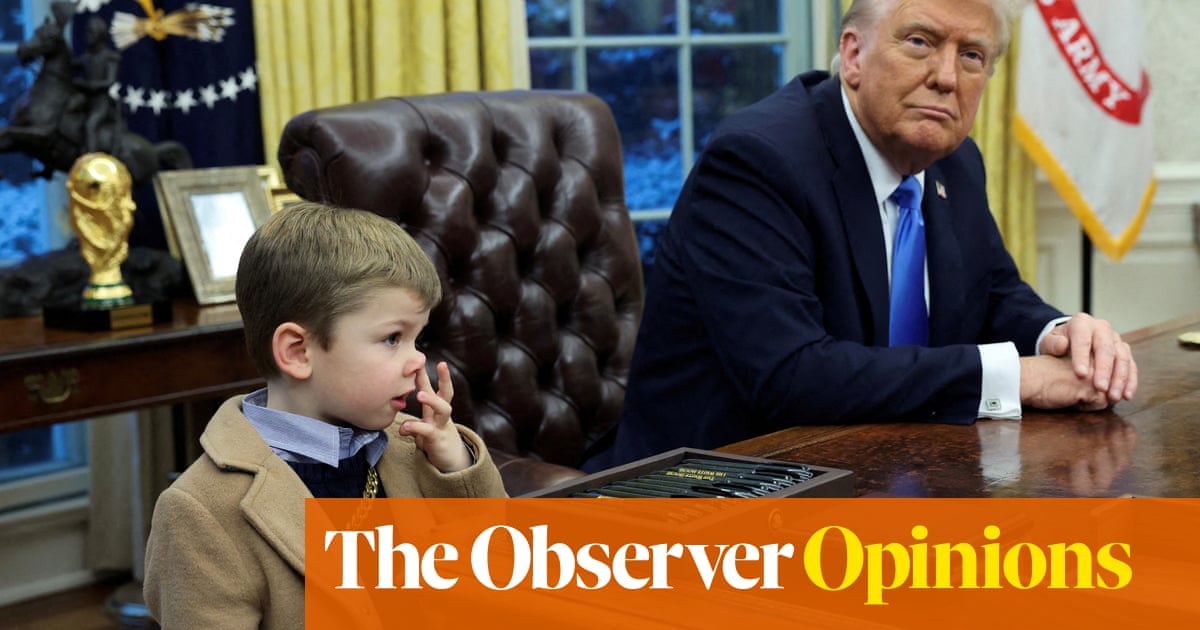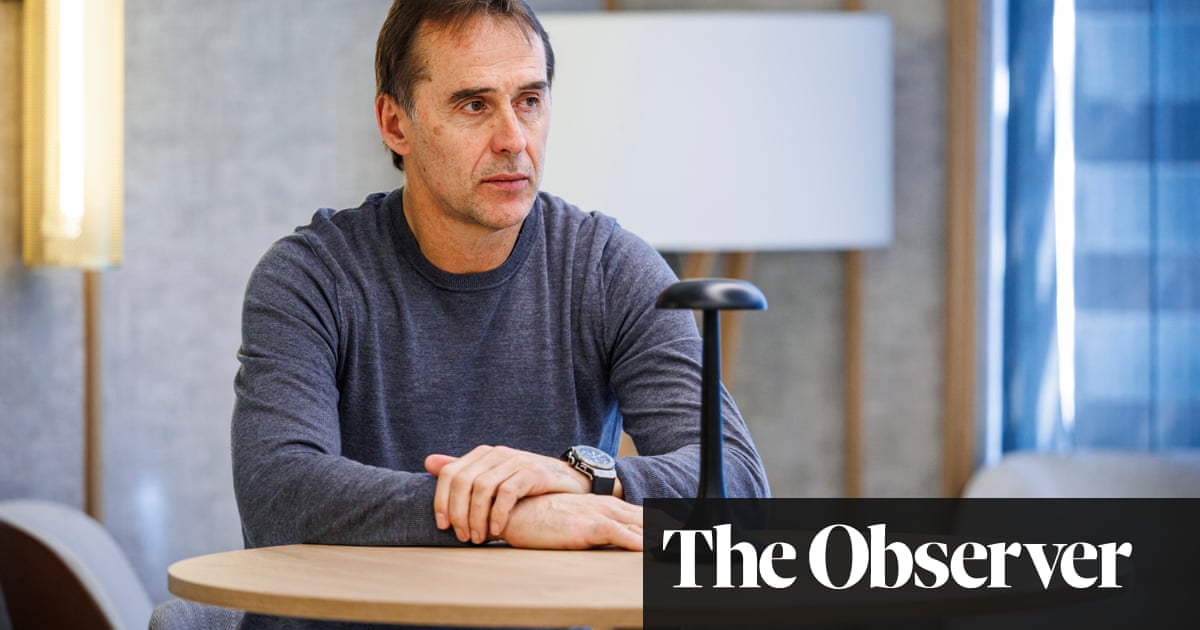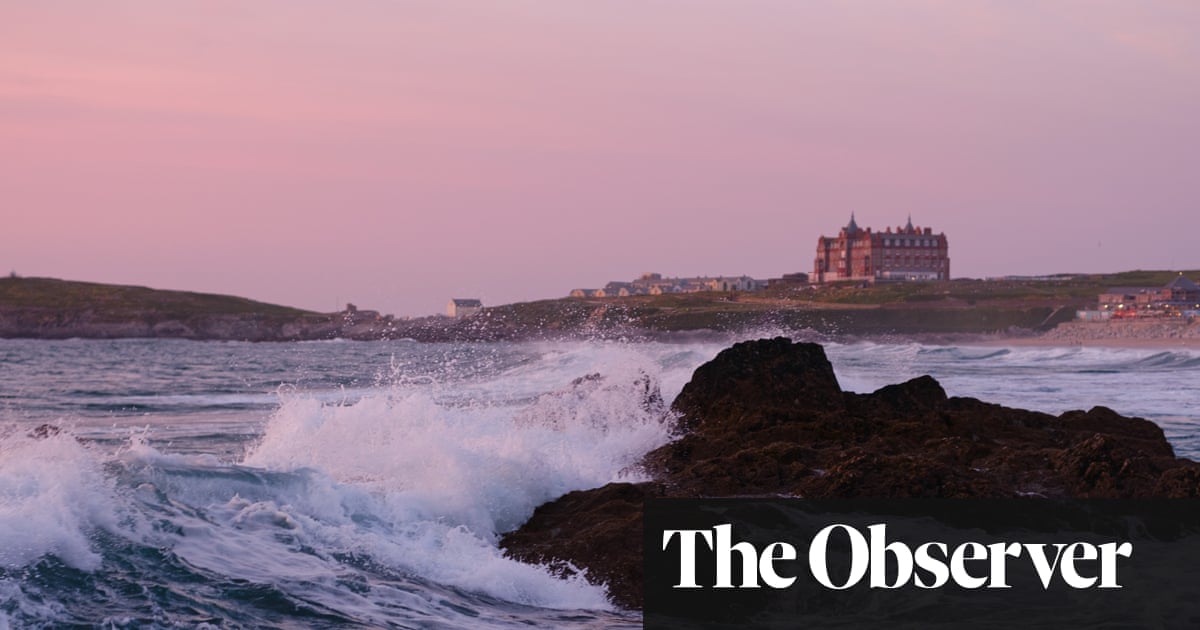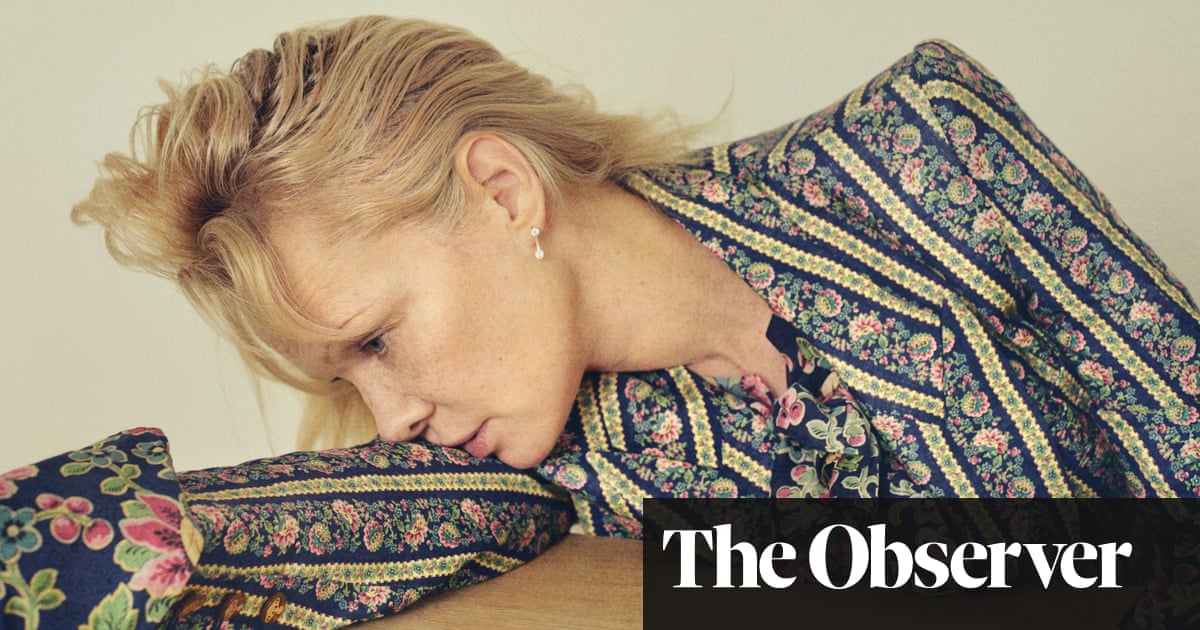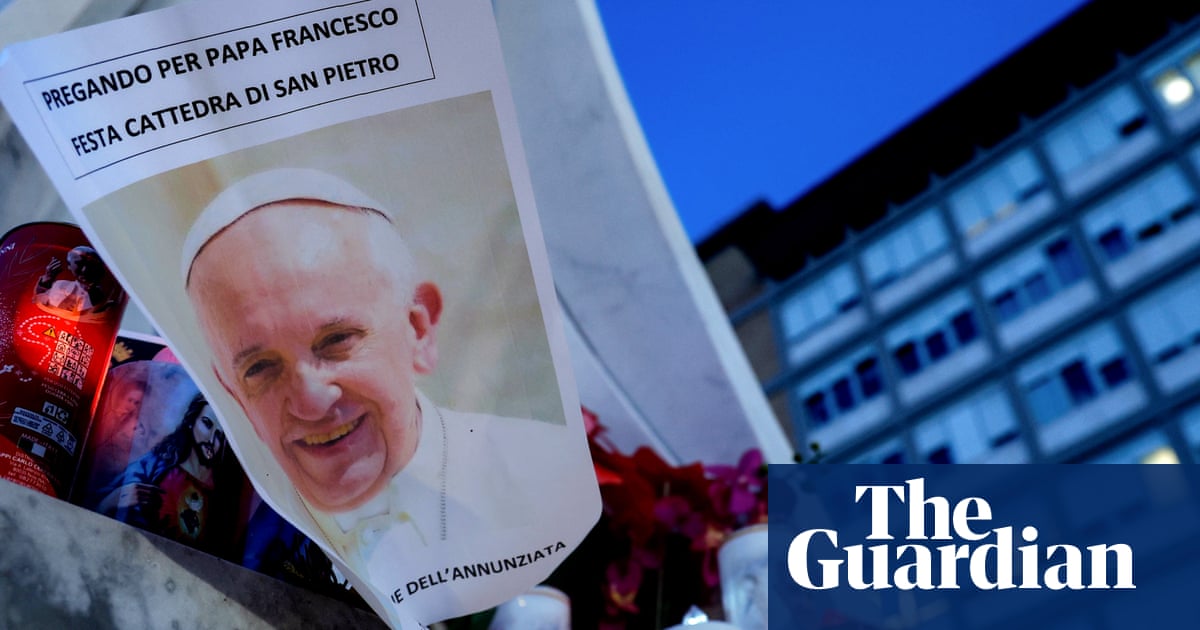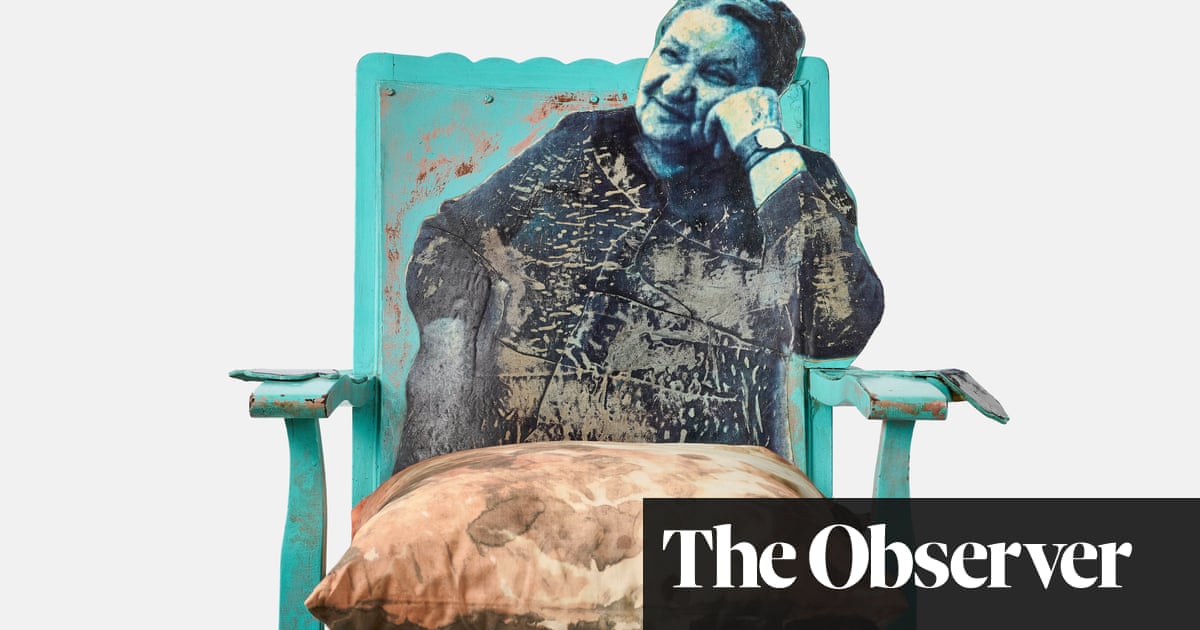Poor countries face compromises on climate cash, former envoy says

Fiona Harvey

Poor countries may have to compromise on demands for cash to tackle global heating, a former UN climate envoy has said, as UN talks entered their final hours in deadlock, writes Fiona Harvey, Guardian environment editor.
In comments that are likely to disappoint poorer countries at the Cop29 summit, Mary Robinson, the former president of Ireland and twice a UN climate envoy, said on Thursday night that rich country budgets were stretched amid inflation, Covid and conflicts including Russia’s war in Ukraine.
“It’s finance, and it’s absolutely vital, and it’s the responsibility of the developed world,” she told the Guardian in an interview. “But you can’t squeeze what isn’t squeezable.”
Rich countries have yet to make any formal offer of finance to the poor world as of Thursday night, even as two weeks of talks stretched into their final official day on Friday. The summit is focused on finding $1tn (£790bn) a year for poor nations to shift to a low-CO2 economy and cope with the impacts of extreme weather.
But the rich world is expected to offer only about $300bn a year at most in public finance, far less than many developing countries hoped for. The developed world is likely to argue that the remainder of the $1tn can be made up from other sources, including private sector investment, carbon trading and potential new sources such as taxes on fossil fuels.
Key events Show key events only Please turn on JavaScript to use this feature
News is so sparse on the final day of Cop29 that the Associated Press, US-based news agency, took a board game to the climate summit, and then reported on people playing it.
Activists and experts who are pushing world leaders to save an overheating planet learned it’s not so easy, even in a simulated world.
The Associated Press brought the board game Daybreak to the United Nations climate negotiations in Baku, Azerbaijan. Experts from three countries were asked to play the game, which involves players working together to curb climate change, caused by the release of greenhouse gas emissions when fuels like gasoline, natural gas and coal are burned. The goal of the game is to prevent the world from getting too hot or overrun by devastating extreme weather events.

Three times activists, analysts and reporters took turns being the United States, China, Europe and the rest of the world, coping with weather disasters, trying to reduce emissions with projects like wetlands restoration and fighting fossil fuel interests, all according to the cards dealt.
The yellow-red crisis cards are the ones that set players back the most. And every round comes with a new card, such as, “Storms: Every player adds 1 Community in Crisis” per 0.1 degrees Celsius (0.2 degrees Fahrenheit) temperature rise, or “Sea Level Rise: Every player loses 1 Infrastructure Resilience.”
Those are tempered by blue cards that represent local projects, such as around fertilizer efficiency, which eliminates one game token of methane-spewing livestock, or universal public transport, which eliminates a token of polluting car emissions.
In each game, the temperature went beyond the limit that the world set in the 2015 Paris Agreement: 1.5 degrees Celsius (2.7 degrees Fahrenheit) since preindustrial times, roughly the mid-1800s. Technically, the game isn’t lost until a temperature rise of 2 degrees Celsius (3.6 degrees Fahrenheit) is reached. However, 1.5 degrees has been ingrained as a threshold in climate circles, so the shoulders of players drooped in defeat when their fictional world blew past it.
After just one round of play, which lasted about 20 minutes in the second game, the global thermometer rose to 1.45 degrees Celsius (2.61 degrees Fahrenheit).
“How did that happen? It happened so quickly,” said Borami Seo, head of food and agriculture at Solutions for Our Climate in South Korea. She purposely chose Europe, arguably the world leader in climate policy and financial aid, so she would be in a position to help the rest of the world.
She couldn’t.
“I thought this game was supposed to give us hope. I’m not gaining any hope,” Seo said in a voice somewhere between curiosity and frustration.
Hopes of a breakthrough at the deadlocked UN climate talks have been dashed after a new draft of a possible deal was condemned by rich and poor countries, write Guardian reporters in Baku.
Faith in the ability of the Azerbaijan presidency to produce a deal ebbed on Thursday morning, as the draft texts were criticised as inadequate and providing no “landing ground” for a compromise.

Instead of setting a global goal for at least $1tn in new funds for developing countries to tackle the climate crisis, the text contained only an “X” where numbers should have been.
Oscar Soria, a director at the Common Initiative thinktank, said: “The negotiating placeholder ‘X’ for climate finance is a testament of the ineptitude from rich nations and emerging economies that are failing to find a workable solution for everyone.
“This is a dangerous ambiguity: inaction risks turning ‘X’ into the symbol of extinction for the world’s most vulnerable. Without firm, ambitious commitments, this vagueness betrays the Paris agreement’s promise and leaves developing nations unarmed in their fight against climate chaos.”
Click below to read more
Poor countries face compromises on climate cash, former envoy says

Fiona Harvey

Poor countries may have to compromise on demands for cash to tackle global heating, a former UN climate envoy has said, as UN talks entered their final hours in deadlock, writes Fiona Harvey, Guardian environment editor.
In comments that are likely to disappoint poorer countries at the Cop29 summit, Mary Robinson, the former president of Ireland and twice a UN climate envoy, said on Thursday night that rich country budgets were stretched amid inflation, Covid and conflicts including Russia’s war in Ukraine.
“It’s finance, and it’s absolutely vital, and it’s the responsibility of the developed world,” she told the Guardian in an interview. “But you can’t squeeze what isn’t squeezable.”
Rich countries have yet to make any formal offer of finance to the poor world as of Thursday night, even as two weeks of talks stretched into their final official day on Friday. The summit is focused on finding $1tn (£790bn) a year for poor nations to shift to a low-CO2 economy and cope with the impacts of extreme weather.
But the rich world is expected to offer only about $300bn a year at most in public finance, far less than many developing countries hoped for. The developed world is likely to argue that the remainder of the $1tn can be made up from other sources, including private sector investment, carbon trading and potential new sources such as taxes on fossil fuels.

Adam Morton
Welcome to day 11 of negotiations at Cop29: the hurry up and wait phase. And we may be waiting for a while, though nobody can be sure just how long, writes Adam Morton, Guardian Australia climate and environment editor.
Ministers and negotiators met until the early hours this morning trying to find common ground on the issues where they have been at loggerheads. The big ones are the lack of dollar figures in a draft text on a climate finance goal, and the resistance by some countries - notably Saudi Arabia and other gulf states - to allow previously agreed goals of tripling renewable energy and transitioning away from fossil fuels to be explicitly repeated.
In a five-hour plenary session on Thursday, dozens of countries expressed anger at the state of what the Azerbaijani Cop presidency had put forward. Quite what this meant was hard to gauge. On the one hand, we have been here before many times. Despair over an insufficiently ambitious text is not unusual at this stage of climate summits.
On the other, the UN consensus process is a tricky beast and there is plenty of opportunity for disruptive forces to tip the cart if they choose to. The Saudis have been clear all year that they are unhappy about the reference to a fossil fuel transition in the text agreed in Dubai, and have held on to that position in Baku. They were uncharacteristically explicit about it in Thursday’s plenary, albeit when talking about the climate finance debate, when the Saudi delegate Albara Tawfiq declared “the Arab group will not accept any text that targets any specific sectors, including fossil fuels”.
It underlined how tough the battle may be over the coming hours and days. But some observers saw an upside - at least he had said the quiet bit out loud. What China, which has also expressed reservations about repeating the fossil fuel language but is considered more open to changing its position, does from here will be crucial.

The other major sticking point has been the reluctance of wealthy nations to be clear about how much they are collectively prepared to stump up in climate finance to help the poor develop clean economies, adapt to inevitable change and repair the damage from the climate crisis they largely have not caused. At least $1tn a year is needed, and the frustration from some of the world’s most vulnerable countries is real.
Ultimately, if there is going to be an agreement in Baku these two issues – climate finance and emissions reduction – will need to be decided hand-in-hand. A bigger finance goal could allow a more ambitious mitigation text – and vice versa. Some cracks in the text may have to be papered over to get there, and it will take leadership from the hosts that has not always been evident. Let’s see what today brings.
Good morning! This is Damien Gayle, environment correspondent in London, with you again for another morning of updates from the Cop29 climate summit in Baku, Azerbaijan.
Once again, I’ll be helming this live blog while our team in feeds updates on the latest from the UN climate talks. If you have any comments, tips of suggestions, then feel free to drop me a line at [email protected].

 3 months ago
57
3 months ago
57

